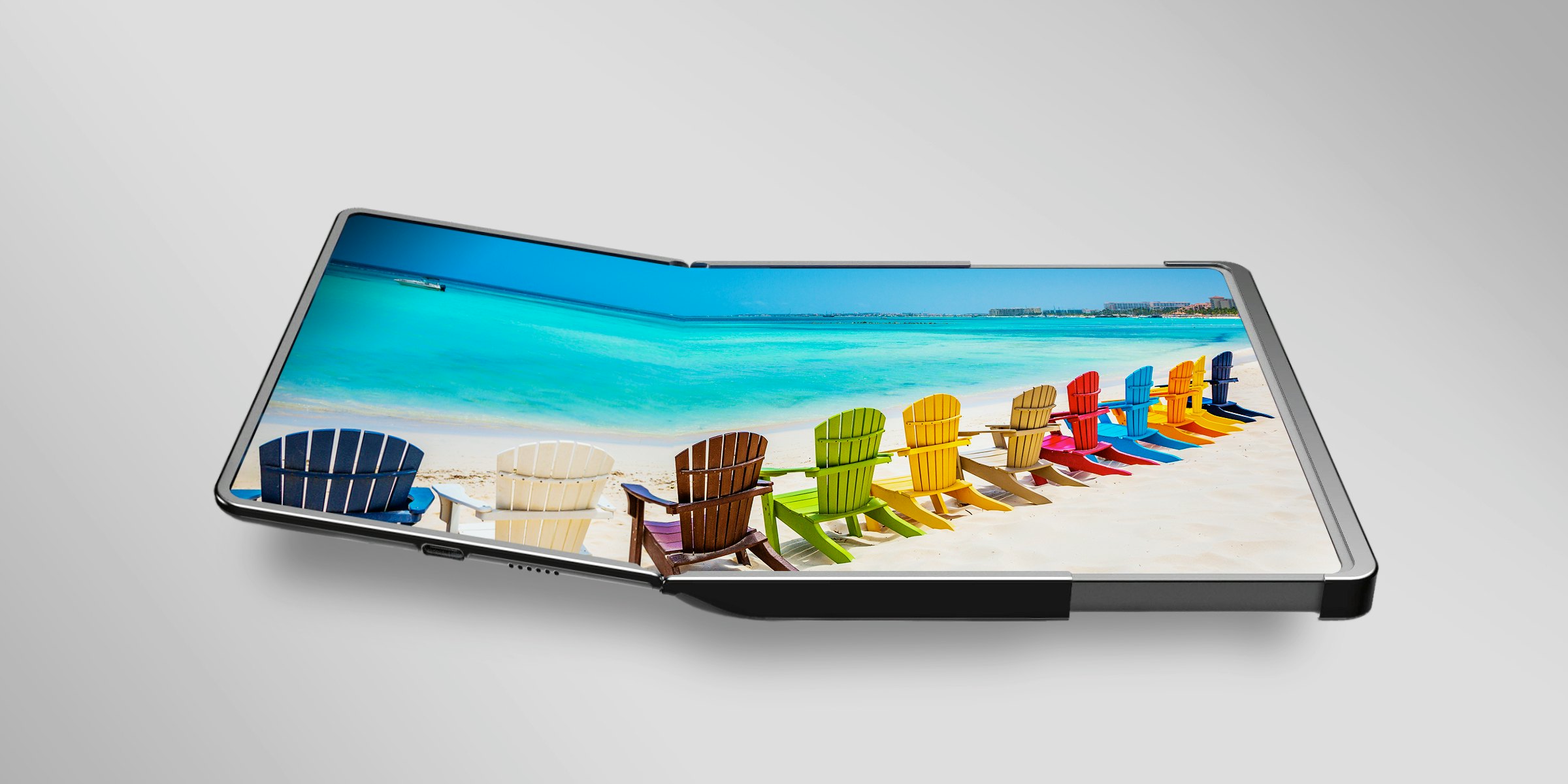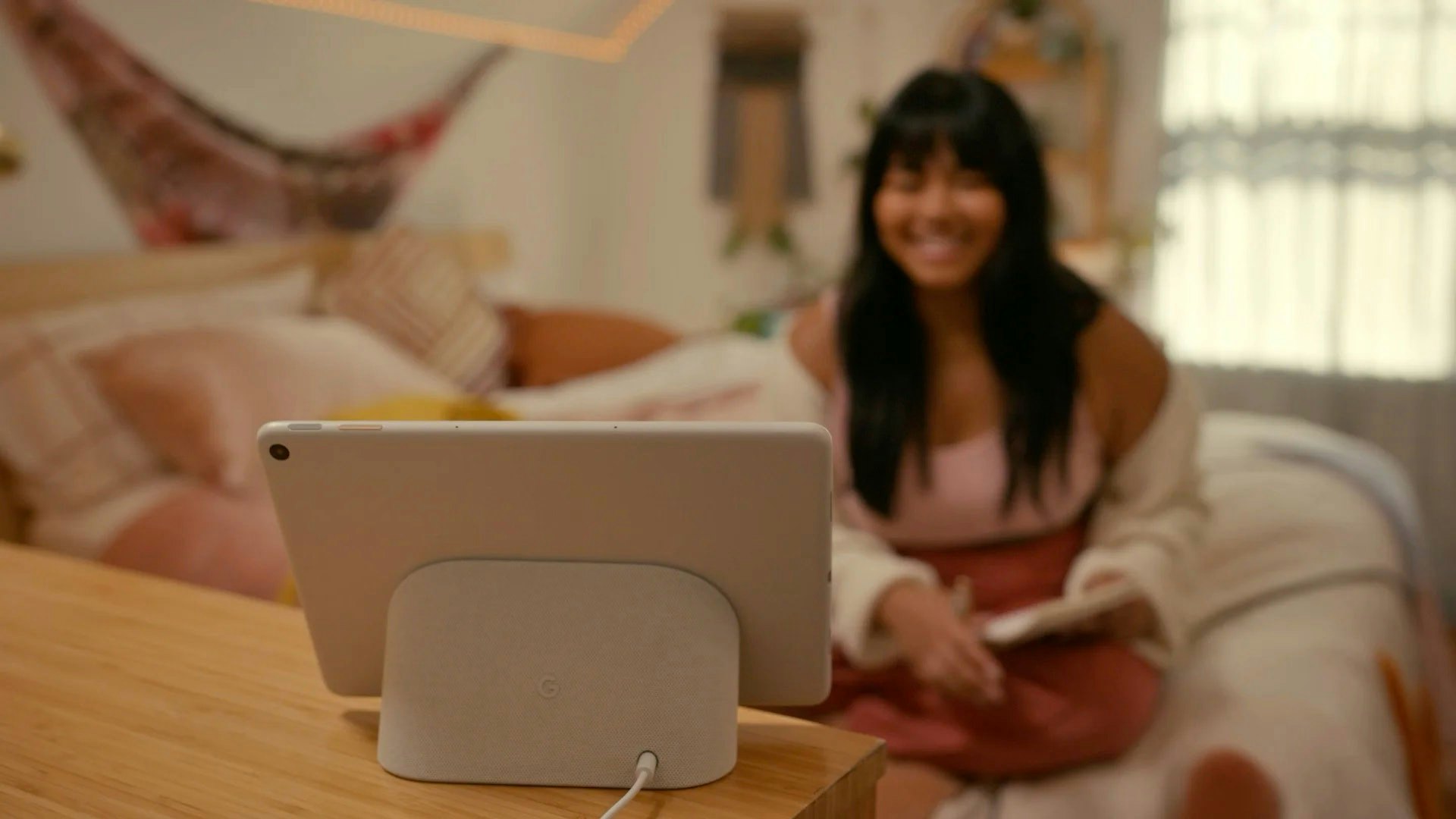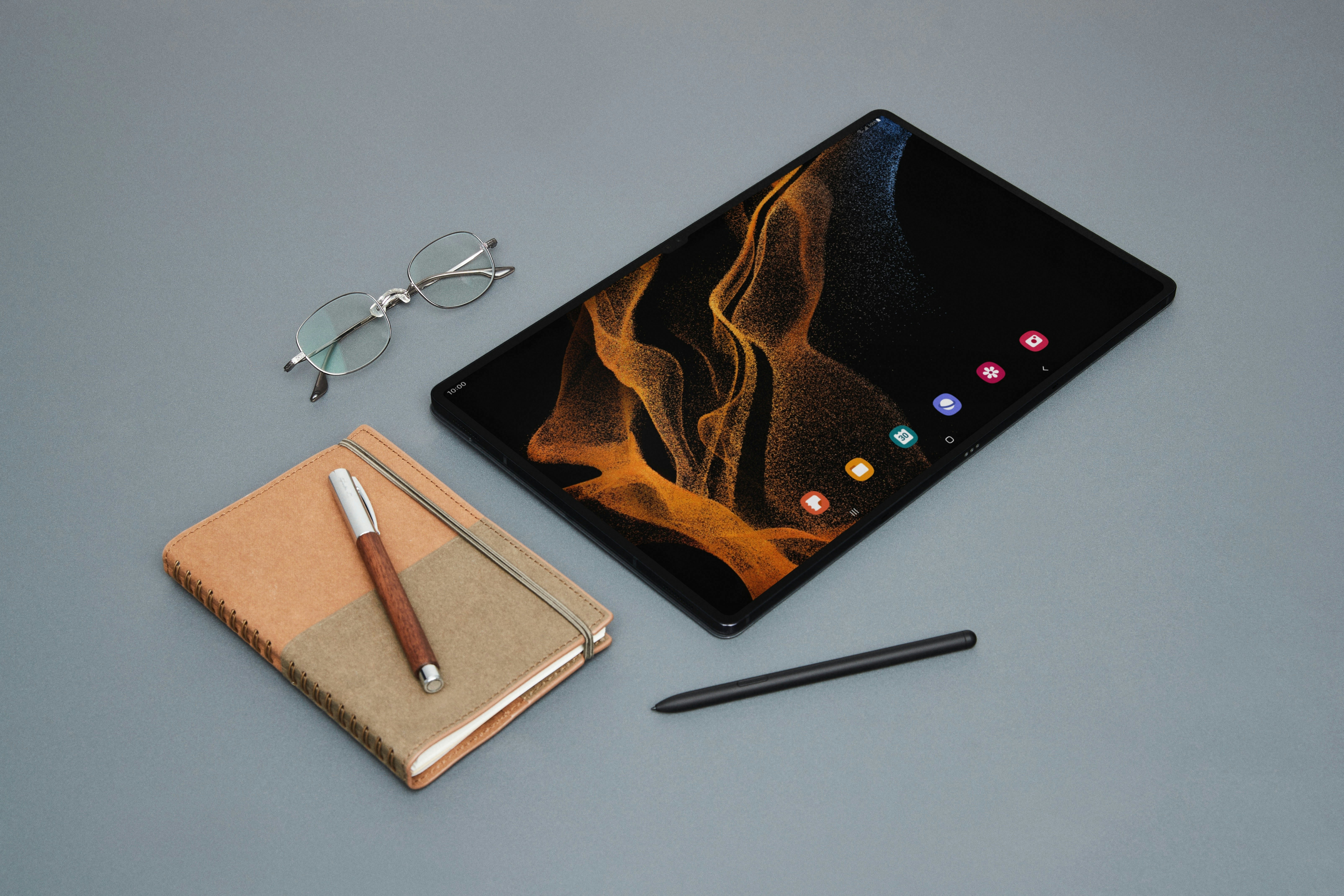
Android tablets are on the offensive. After years of being the cheaper alternative to an iPad, Google’s effort to change the story around the large-screen version of its Android operating system might be finally working out.
OnePlus decision to tease and confirm the existence of the OnePlus Pad is as good a sign as any that opportunities in the Android tablet space are changing. People are actually interested, and it all seems to be thanks to the announcement of Google’s Pixel Tablet.
Google’s odd smart home hub/tablet hybrid has a potentially winning strategy. Offer the basic Android experience you’d expect, but include a twist to elevate things beyond the typical flat black rectangles everyone is already familiar with. Get people in the door with the unusual and then satisfy them with the expected. Here’s why relying on a unique gimmick could turn Android tablets around.
Embrace the weird

Tablet sales are down overall, and Android devices in particular. Samsung manages to sell less than Apple but more than other Android manufacturers by adhering to an iPad-style high-end strategy, but it’s clear something needs to change. Maybe a more deliberate hardware “twist” is the answer.
The details of the Pixel Tablet — that it’s reportedly powered by Google’s Tensor G2 chip from the Pixel 7 and 7 Pro and has a 2,560 × 1,600 display — suggest the device is as focused on being a good couch companion as it is its central gimmick; a Nest Hub-esque dock. Google already has people bought in on its smart home products, so converting that interest into possible tablet buyers makes sense.
We won’t know if Google's strategy works until it releases its tablet, but there are at least signs Samsung is considering a unique approach for the next Galaxy Tab. The latest rumors suggest Samsung is working on a larger foldable in the style of the Galaxy Z Fold 4 that could take the high-end spot in Samsung’s tablet lineup. It might not be for everyone, but it least sounds more interesting than last year’s Galaxy Tab S8 Ultra.
More tablets in hand = more apps

Much like the possibility of a “Pixel Fold,” getting more people to use Android tablets offers the biggest benefits to app developers. More customers buying apps, more demand for tablet experiences, and hopefully, over time, a larger tablet app library to make all future Android devices more enticing in the future.
A decade ago, the right mixture of marketing, software development, and pricing could have made an iPad-esque Pixel Tablet at least a competitor to the iPad. But now that Apple’s tablet and perspective on what a tablet should be are entrenched, Android manufacturers need to get more creative. For now, that looks like the kind of outside-of-the-box thinking Google is bringing to the Pixel Tablet. Here’s hoping more Android manufacturers adopt that same doctrine of weirdness.







